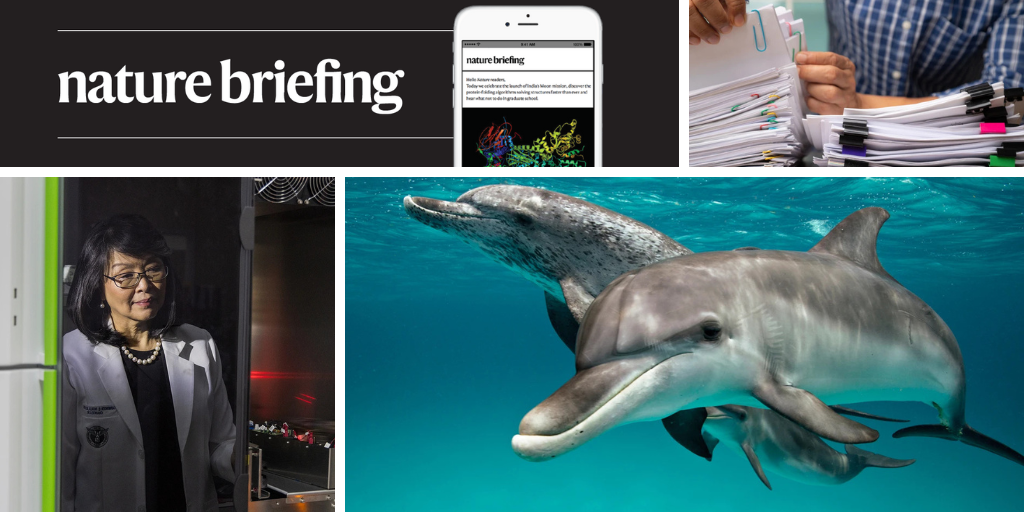
"The US National Institutes of Health (NIH) has not yet rescinded directives that led to the cancellation of more than 2,400 research projects it funded, despite a ruling declaring them illegal."
"NIH has begun to reinstate about 900 projects covered by the ruling, but details about future actions remain unclear according to internal communications."
"Ecnoglutide, a weight-loss drug similar to Ozempic, has demonstrated significant weight loss compared to placebo, marking its effectiveness in obesity treatment."
"The Philippines' newborn health-screening programme, established by Carmencita Padilla, became a model for LMICs after its government-funded mandate in 2004."
The US National Institutes of Health (NIH) continues to operate under directives deemed illegal by a recent court ruling, affecting over 2,400 research projects. While NIH has started reinstating approximately 900 affected projects, staff remain confused about the agency's compliance with the ruling. In health research, a new weight-loss drug called ecnoglutide has shown promising results, helping participants lose significantly more weight than those taking a placebo. Additionally, the Philippines' newborn health-screening programme, initiated by Carmencita Padilla, serves as a benchmark for similar initiatives in other low- and middle-income countries.
Read at Nature
Unable to calculate read time
Collection
[
|
...
]